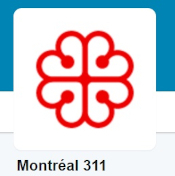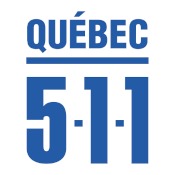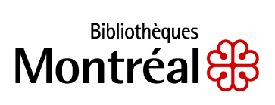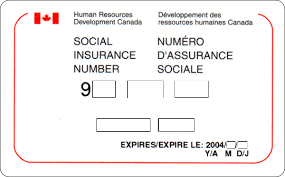Montreal Cultural Information
According to Montreal cultural information, approximately 25% of our population belongs to a "visible minority." Visible minority being defined as "persons other than Aboriginals who are non-Caucasian in race or non-white in color" by our Canadian Employment Equity Act.
A total of 25 ethnic origins and two Canadian official languages. French spoken by most in Montreal, followed by English and then by allophones (neither French or English). As the largest French-speaking Canadian province, we are still deeply attached to our roots and our languages.
Cultural Differences
Cultural differences such as our French "joual", our roman catholic background, our Christmas religious traditions, our Montreal Canadians Hockey, our "vacances de la construction" our great artists such as Leonard Cohen and Céline Dion...
Failure to pay attention to our social structure and pluralism is guaranteed to damage your expectations. In many if not all our cross cultural relationships, cultural intelligence is vital to an effective, satisfying and rewarding business and/or personal relationships.
Cultural Information and Differences
Our cross cultural environment is the very symbol of our identity. In the province of Québec, especially in Montreal and despite Bill 101, we joined our French and our English origins together with our Aboriginal heritage and created our very own cultural pluralism.
Cross cultural relationships influenced by our cultural roots, our multicultural population and our proximity to the United States. The unique strengths and unique perspectives of our many cultural groups help solve many problems and enrich many aspects of our lives.
Cross Cultural Solutions
A single cultural gaffe in an initial contact can reduce or eliminate the possibility of a second contact. In effect, a bad first impression can ruin the chances of a new relationship, a successful negotiation or an eminent business deal.
When your verbal and nonverbal communication style and approach takes our cross cultural etiquette and manners into account, you have made a giant step towards blending in our surroundings and winning our respect and our appreciation.
You may still feel like a stranger in a strange cross cultural environment, but you are less likely to be treated as one. Your most significant message, that you want to behave courteously in tune with our cross cultural communication style is clearly noted and highly appreciated.
Dimensions of Cultural Diversity
Universalism - rules, codes, laws and generalizations.
Particularism - exceptions, special circumstances, unique relations.
Individualism - personal freedom, human rights, competitiveness.
Communitarianism - social responsibility, harmonious relations, cooperation.
Specificity - atomistic, reductive analytic, objective.
Diffusion - holistic, elaborative synthetic, relational
Achieved Status - what you've done, your track record.
Ascribed Status - who you are, your potential and connections.
Inner Direction - conscience and convictions are located inside.
Outer Direction - examples and influences are located outside.
Sequential Time - time is a race along a set course.
Synchronous Time - time is a dance of fine coordination.
HAMPDEN-TURNER, Charles, Fons TROMPENAARS (2000) Building Cross-Cultural Competence, 2nd Edition in 2002, West Sussex, published by John Wiley & Sons Ltd., England, p.11
Montreal Kits
Montreal Cultural Information
Disclaimer Keep in Touch! Montreal Tourism
Privacy Policy Rachel Louise Barry Sitemap
Montreal Kits © All Rights Reserved 2018-2024
The information provided by Montreal Kits is informational only and has no legal value.












































